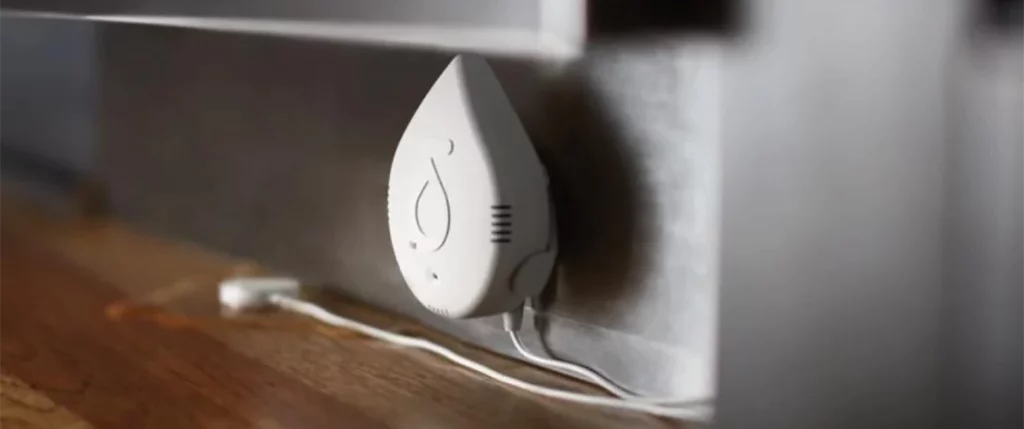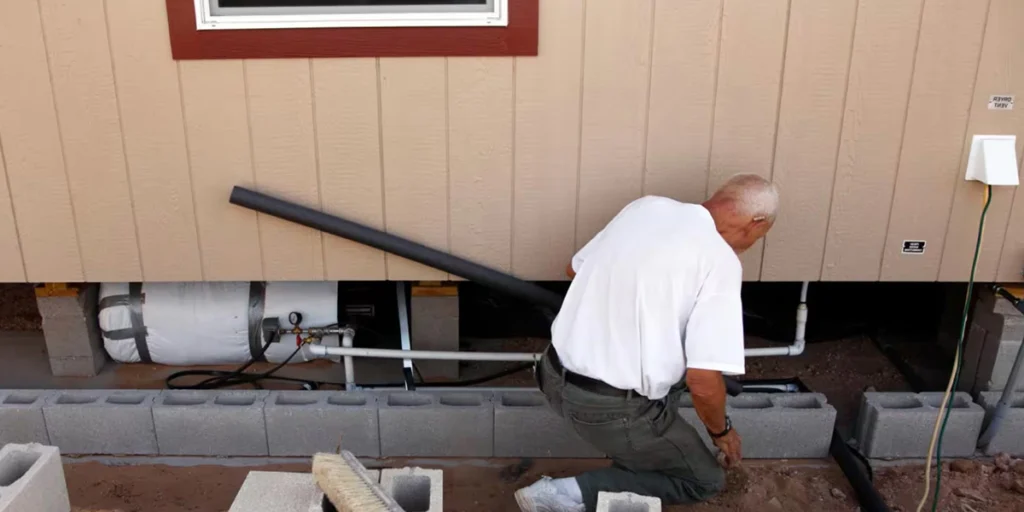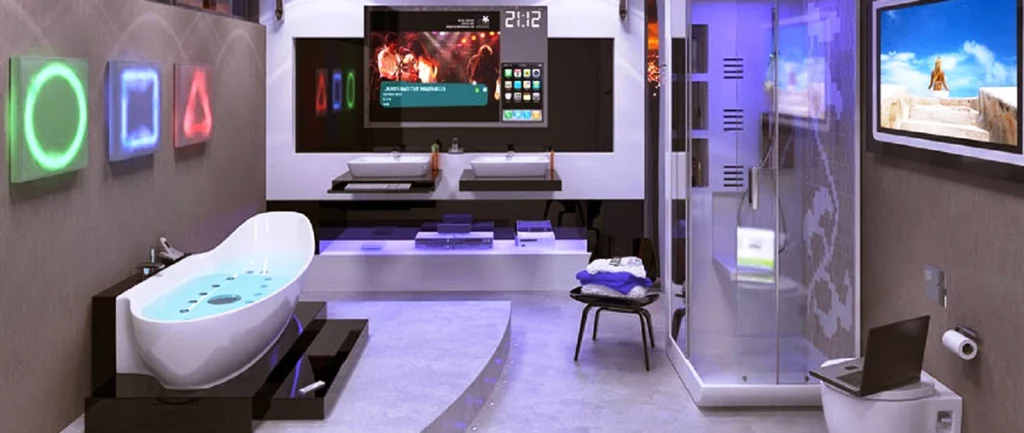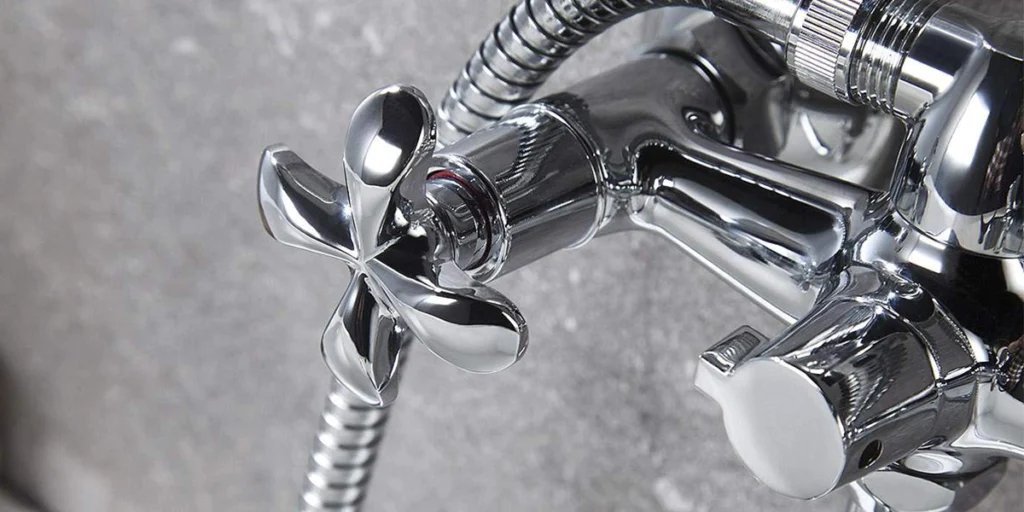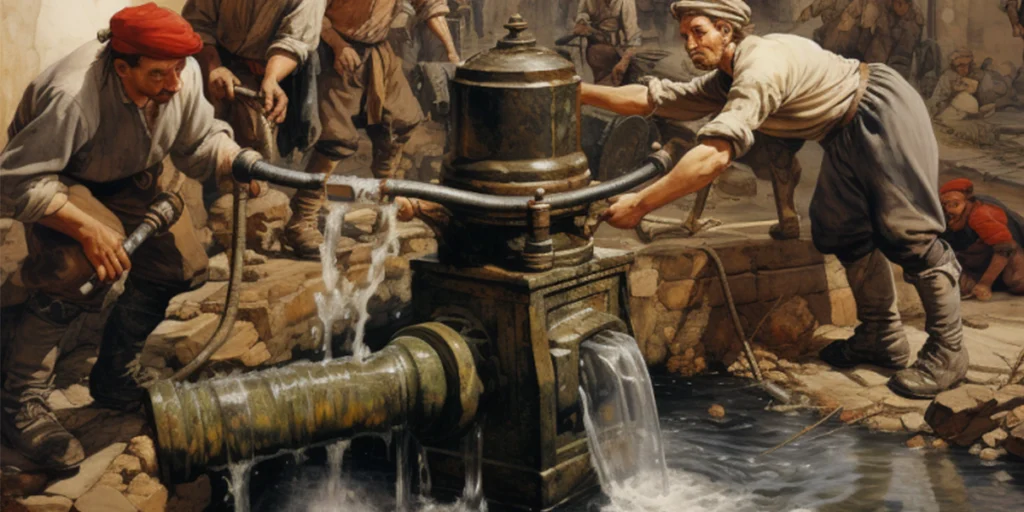Whether you should pay a plumber if they don’t fix the problem depends on several factors, including the agreement you have with the plumber, the nature of the problem, and the efforts made to resolve it. Here are some key points to consider:
Contents
Initial Agreement
When hiring a plumber, having a clear initial agreement is crucial to avoid misunderstandings and ensure both parties are on the same page. Here are some important aspects to consider:
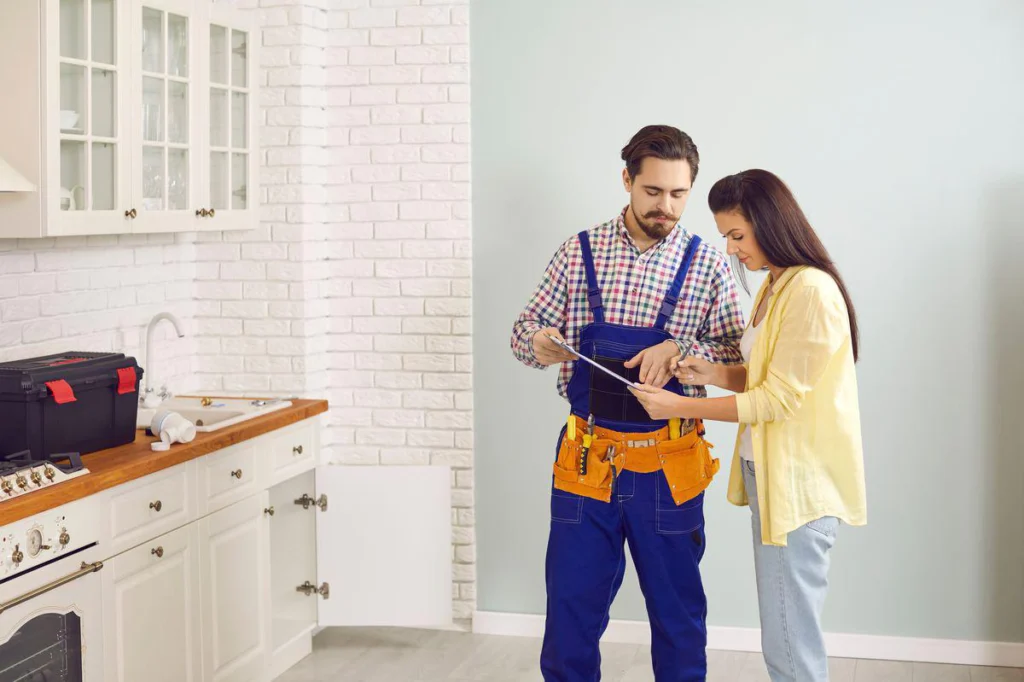
- Written Contract: Whenever possible, get a written contract that outlines the scope of work, costs, and expectations. This document should detail:
- Scope of Work: A clear description of the problem and the specific tasks the plumber will perform.
- Cost Estimates: An estimate of the total cost, including labor, parts, and any additional fees.
- Payment Terms: Terms of payment, including when payments are due and what forms of payment are accepted.
- Verbal Agreements: If a written contract isn’t feasible, ensure that verbal agreements are clear and comprehensive. Discuss and agree upon:
- Service Expectations: What exactly the plumber is expected to do and what constitutes successful completion.
- Costs: Approximate costs for the service, including any diagnostic fees or additional charges for unforeseen issues.
- Contingency Plans: Discuss what will happen if the plumber is unable to fix the problem. Agree on:
- Partial Payments: Whether you will be expected to pay for diagnostic work or efforts made, even if the problem isn’t resolved.
- Follow-Up Visits: Whether additional visits or further work will be required and how they will be billed.
- Service Guarantees: Ask if the plumber provides any guarantees or warranties on their work. This should include:
- Satisfaction Guarantee: Policies regarding the quality of the service and what happens if the work isn’t satisfactory.
- Warranties on Parts and Labor: Duration and coverage of warranties for both parts and labor.
- Documentation: Ensure you receive a detailed invoice or receipt after the work is completed, itemizing the services performed and costs incurred.
By establishing a clear initial agreement, you can set proper expectations and protect yourself from potential disputes over payment and service quality.
Nature of the Problem
Understanding the nature of the plumbing problem is essential in determining whether payment is warranted if the issue isn’t resolved. Here are some key points to consider:
- Complexity of the Problem:
- Simple Fixes: Some plumbing issues, like a clogged drain or a leaky faucet, are straightforward and typically easy to fix. If these problems aren’t resolved, it may indicate a lack of proper effort or expertise.
- Complex Issues: More complex problems, such as extensive pipe damage, sewer line issues, or recurring blockages, may require multiple visits and diagnostic efforts. These situations often involve more time and resources to identify and resolve the root cause.
- Diagnosis and Initial Efforts:
- Initial Diagnosis: Many plumbers charge a fee for diagnosing the problem, regardless of whether they ultimately fix it. This fee compensates them for their time, tools, and expertise used in identifying the issue.
- Efforts Made: Evaluate the efforts made by the plumber. If they conducted a thorough inspection and attempted various solutions, they deserve some compensation for their time and effort, even if the problem persists.
- Unforeseen Complications:
- Hidden Issues: Plumbing systems can have hidden complications that are not immediately apparent. For example, a minor leak might be a symptom of a more significant issue within the plumbing system.
- Initial Assessments: Sometimes, initial assessments might not reveal the full extent of the problem. In such cases, additional work might be necessary, which can affect the resolution time and cost.
- Communication and Transparency:
- Clear Communication: A reputable plumber should communicate clearly about the nature of the problem, the potential solutions, and the costs involved. They should also inform you if they encounter unexpected complications that may require additional work or cost.
- Expectations: Understanding the plumber’s assessment and the expected outcomes can help set realistic expectations about the resolution process.
- Service Guarantees and Follow-Up:
- Guarantees: Some plumbers offer guarantees on their work, ensuring they will return and address the issue if it isn’t resolved initially. This can provide peace of mind and assurance that the problem will eventually be fixed.
- Follow-Up Visits: Complex problems might require follow-up visits to monitor and ensure the issue is fully resolved. Discuss whether these visits will incur additional costs or if they are included in the initial service fee.
By considering the nature of the problem, you can better assess whether it is reasonable to pay the plumber if the issue isn’t resolved immediately. Clear communication and understanding of the problem’s complexity are key to making an informed decision.
Efforts and Communication
Efforts and communication play a crucial role in determining whether you should pay a plumber if they don’t fix the problem. Here are some important considerations:
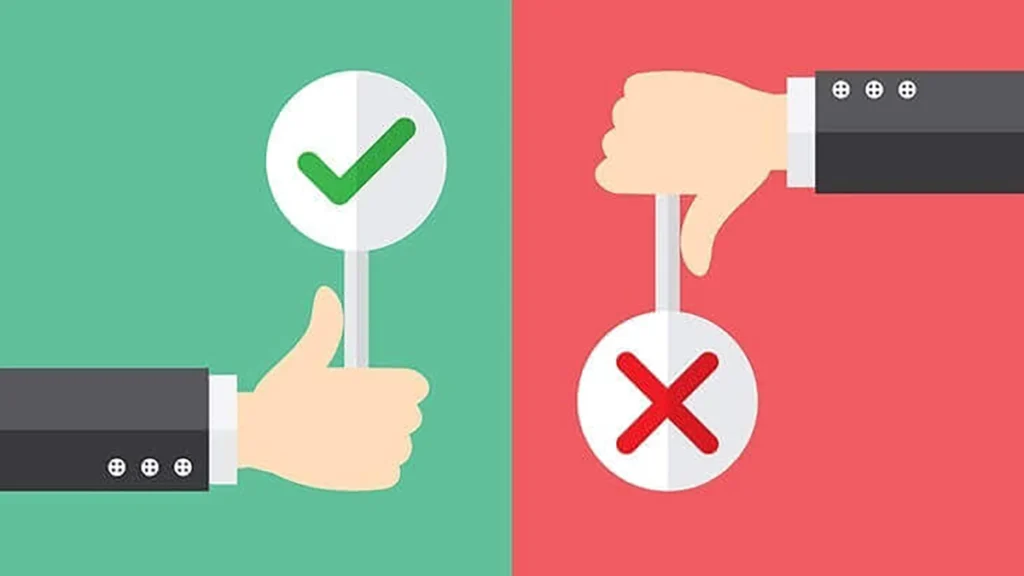
- Efforts Made:
- Thorough Inspection: A competent plumber should conduct a thorough inspection to diagnose the issue accurately. This includes checking all potential sources of the problem.
- Multiple Solutions: If the plumber tries different methods to fix the problem, it demonstrates their commitment to resolving the issue. Documenting these efforts can help in assessing whether their work warrants payment.
- Professionalism: Evaluate the plumber’s professionalism. Were they punctual, respectful, and diligent in their work? Professional behavior can indicate their dedication to solving the problem.
- Communication:
- Clear Explanation: The plumber should provide a clear explanation of the problem, the steps they are taking to fix it, and why certain methods are being used. This helps you understand the complexity and the efforts involved.
- Regular Updates: Effective communication includes regular updates on the progress of the work. If the problem is more complex than initially thought, the plumber should inform you promptly and explain any additional steps required.
- Setting Expectations: Before starting the work, the plumber should set realistic expectations about the possible outcomes, including the likelihood of immediate resolution and potential complications.
- Documentation:
- Written Estimates: Obtain written estimates that outline the scope of work and costs involved. This helps in understanding what you are paying for and can be useful if disputes arise.
- Invoices: After the work is done, request a detailed invoice that lists the tasks performed, the time spent, and the parts used. This transparency can help justify the payment even if the problem isn’t fully resolved.
- Feedback and Follow-Up:
- Feedback Opportunity: Provide feedback on the plumber’s work. If the problem persists, communicate this to the plumber and give them an opportunity to address it.
- Follow-Up Services: Some plumbers offer follow-up services or warranties. If the initial efforts don’t fix the problem, they might offer to return and continue working without additional charges. Clarify this before making the payment.
- Customer Service:
- Responsive Communication: A plumber who responds promptly to your concerns and questions demonstrates good customer service. This responsiveness is crucial, especially if the problem requires multiple visits.
- Problem-Solving Attitude: A plumber who shows a genuine interest in solving your problem, rather than just completing a job, is more likely to put in the necessary effort to fix the issue.
By assessing the plumber’s efforts and the quality of their communication, you can make a more informed decision about whether to pay them if the problem remains unresolved. Clear and open communication, coupled with documented efforts, are key factors in determining the fairness of the payment.
Guarantees and Warranties
When hiring a plumber, understanding the guarantees and warranties offered can help determine whether you should pay if the problem isn’t fixed. Here are some key considerations:
- Service Guarantees:
- Satisfaction Guarantee: Some plumbers offer a satisfaction guarantee, meaning they will continue working on the issue until you are satisfied with the result. This type of guarantee can provide peace of mind that you won’t be left with an unresolved problem.
- No Fix, No Pay: Certain plumbers may have a “no fix, no pay” policy, where you are not required to pay if they are unable to resolve the problem. Ensure this policy is clearly stated before work begins.
- Warranties on Workmanship:
- Workmanship Warranty: A workmanship warranty covers the quality of the plumber’s work. If the issue reoccurs due to poor workmanship, the plumber should return to fix it at no additional cost. Confirm the duration and terms of this warranty.
- Parts and Labor Warranty: Some warranties cover both parts and labor. If a new part installed by the plumber fails, they should replace it and provide the necessary labor at no extra charge within the warranty period.
- Manufacturer Warranties:
- Parts Warranty: Many plumbing parts come with manufacturer warranties. If a part fails within the warranty period, it can be replaced under the manufacturer’s warranty. Ensure the plumber uses quality parts with good warranty coverage.
- Written Documentation:
- Warranty Details: Get all warranty details in writing. This should include the duration, what is covered, and any exclusions. Written documentation helps protect you if there are any disputes.
- Service Records: Keep detailed records of all services performed, including dates, work done, and any warranties provided. This documentation is useful if you need to claim warranty service later.
- Clarifying Terms:
- Discuss Terms: Before the plumber starts work, discuss and clarify the terms of any guarantees or warranties. Understand what actions the plumber will take if the problem isn’t fixed initially.
- Ask Questions: Don’t hesitate to ask questions about what is covered under the warranty and what isn’t. Clear understanding helps in setting expectations.
- Follow-Up Services:
- Return Visits: Some plumbers offer free follow-up visits within a certain period if the problem persists. Clarify if these visits are included in the warranty or if there will be additional charges.
- Extended Warranties: Consider if the plumber offers extended warranties for an additional fee. This can provide extra protection, especially for major plumbing work.
- Consumer Rights:
- Legal Protections: Be aware of your consumer rights regarding services and warranties. Many regions have laws that protect consumers from paying for services not rendered satisfactorily.
- Dispute Resolution: If there is a dispute over the work or warranties, understand the process for resolution, whether through the company, consumer protection agencies, or legal avenues.
By ensuring you have clear guarantees and warranties, you can protect yourself from paying for unresolved plumbing issues and ensure that the plumber is accountable for the quality of their work.
Consumer Protection
Consumer protection laws and guidelines are designed to ensure that you receive fair treatment and quality service from professionals, including plumbers. Here are some important aspects to consider:
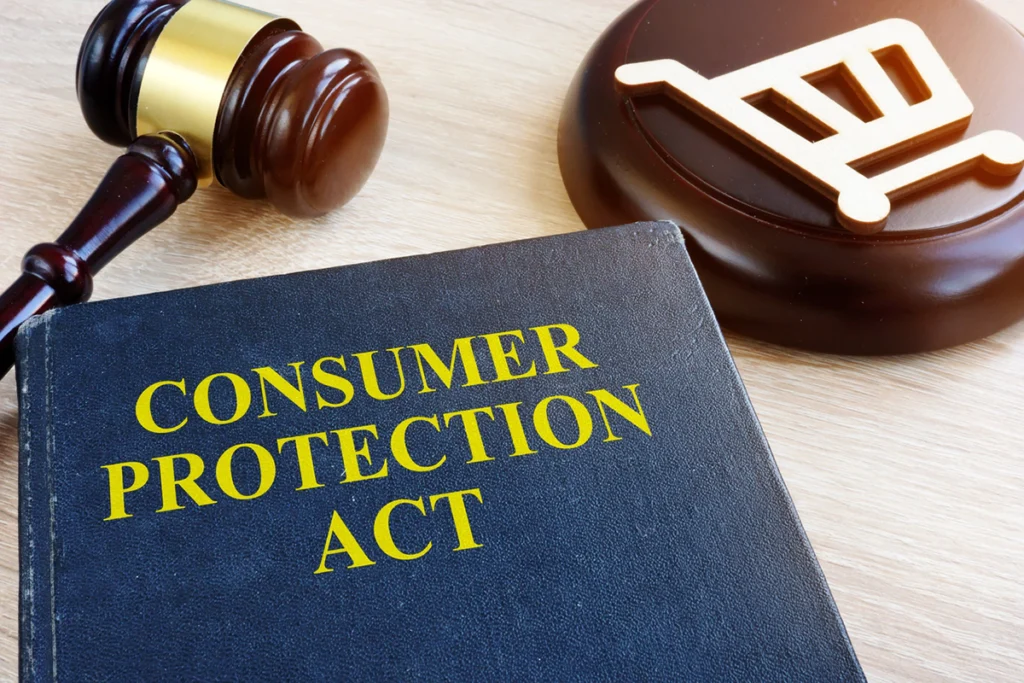
- Understanding Your Rights:
- Service Standards: Consumer protection laws often require that services be provided with reasonable care and skill. If a plumber fails to meet this standard, you may have grounds to withhold payment or request a refund.
- Misrepresentation: It is illegal for service providers to misrepresent the quality or necessity of their services. If a plumber has misled you about what is needed or the quality of their work, you can report them to consumer protection authorities.
- Contracts and Agreements:
- Written Contracts: Always try to get a written contract that outlines the scope of work, costs, and payment terms. This provides a clear reference if there are disputes.
- Verbal Agreements: While verbal agreements can be binding, they are harder to enforce. Always follow up with written confirmation of any verbal agreements.
- Documentation:
- Detailed Invoices: Request detailed invoices that itemize the work performed, the time spent, and the parts used. This transparency helps in evaluating whether the charges are fair.
- Service Records: Keep records of all communications, agreements, and receipts related to the plumbing work. These records are essential if you need to dispute charges or seek compensation.
- Dispute Resolution:
- Addressing Issues: If you are unhappy with the plumbing service, first try to resolve the issue directly with the plumber. Provide clear reasons why you believe the service was inadequate and request a resolution.
- Consumer Protection Agencies: If direct resolution fails, contact consumer protection agencies for assistance. They can mediate disputes and provide guidance on your rights and options.
- Legal Action: As a last resort, you may consider legal action to recover your costs or seek compensation for substandard work. Small claims court is often an accessible option for such disputes.
- Guarantees and Warranties:
- Enforcing Warranties: If the plumber provided a warranty for their work, ensure they honor it. Contact the plumber immediately if issues arise within the warranty period.
- Manufacturer Warranties: For parts covered by manufacturer warranties, contact the manufacturer for replacement or repair if the part fails.
- Quality Assurance:
- Licensed Plumbers: Hire licensed and insured plumbers to ensure a higher standard of work and accountability. Licensing often requires adherence to industry standards and regulations.
- Reviews and References: Check reviews and ask for references before hiring a plumber. This can provide insight into their reliability and quality of service.
- Preventive Measures:
- Clear Agreements: Ensure all agreements are clear and documented before work begins. This includes understanding the scope of work, costs, and what happens if the problem isn’t resolved.
- Communication: Maintain open and clear communication with the plumber throughout the process. Ask questions and request updates to stay informed about the progress and any potential issues.
By being aware of your consumer rights and taking proactive steps to protect yourself, you can ensure fair treatment and quality service from plumbers. If problems arise, knowing how to address them through appropriate channels can help you achieve a satisfactory resolution.
It’s essential to have clear communication and agreements with the plumber before work begins. While paying for a diagnosis or partial effort may be reasonable, you shouldn’t feel obligated to pay for a service that wasn’t completed or resolved the issue. If you’re unsure, seeking advice from a consumer protection agency or a legal professional can help determine the best course of action.
FAQs
Communicate with the plumber and explain the issue. Request a follow-up visit or further efforts to resolve the problem. If they refuse, you can consider disputing the payment or seeking assistance from consumer protection agencies.
It depends on the initial agreement and the efforts made. If the plumber conducted a thorough inspection and made genuine efforts, partial payment for their time and diagnostic work might be reasonable.
If the plumber did not provide the agreed-upon service or failed to make a reasonable effort, you might have grounds to refuse payment. Always try to resolve the issue directly with the plumber first.
Complex problems may require multiple visits and additional work. Clear communication and documentation of the plumber’s efforts can help determine if continued payment is justified.
Many plumbers charge a diagnostic fee to cover their time and expertise in identifying the issue. This fee is generally payable regardless of whether the problem is ultimately fixed.




